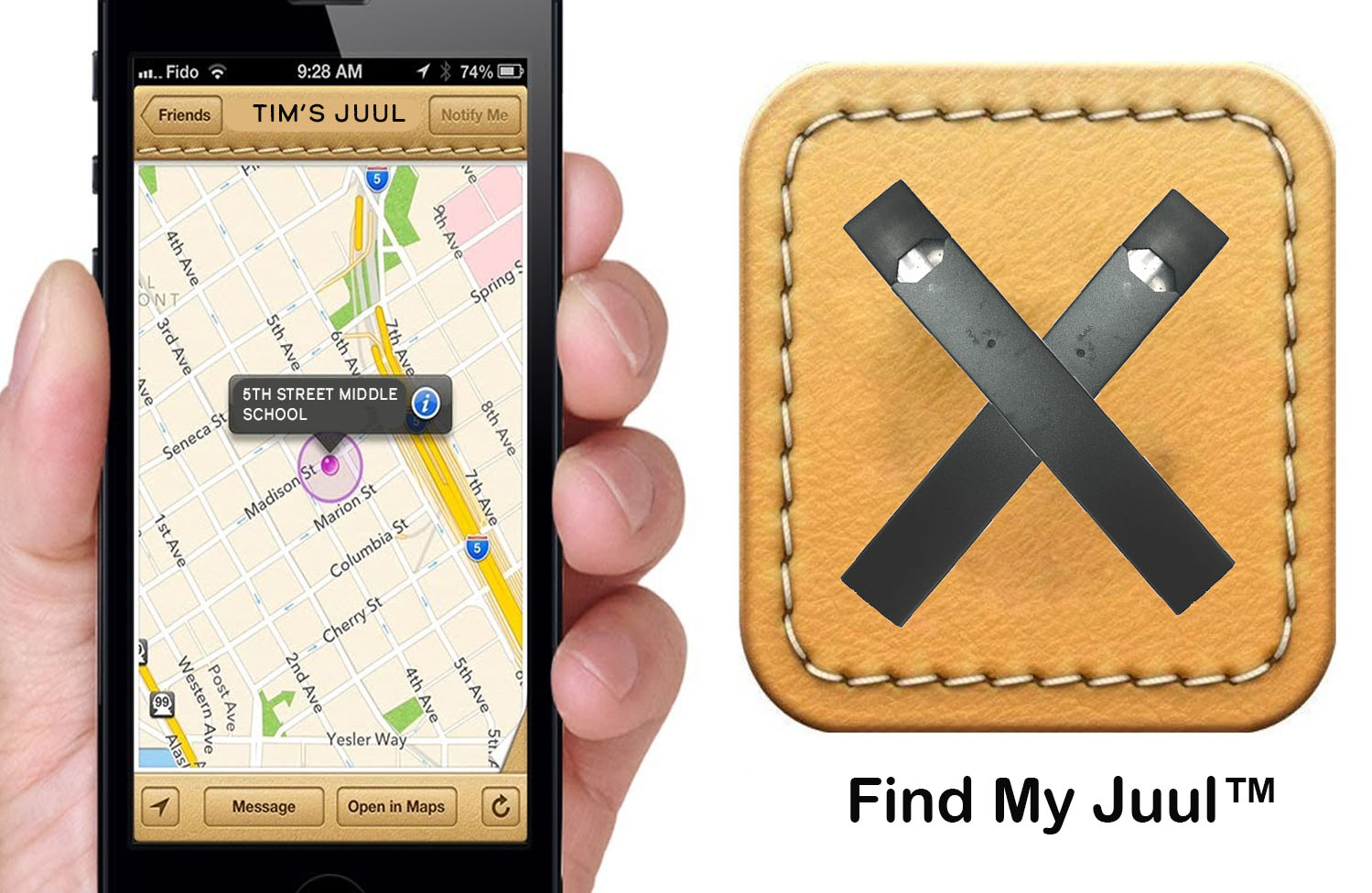The night may be dark and full of terrors but life outside the realm poses a greater threat to our health under the guise of aesthetic pleasure. A couple years ago, a beautifully-crafted, USB-looking device called a “Juul” was created, and this was where humanity took a turn for the worst. For those unfamiliar with the name of the product, I can almost guarantee you’ve seen someone using one of these devices in the club or sneakily taking a puff in line at the DMV. The Juul has become something of a cultural sensation among the younger crowds because users can justify its healthier nature compared to cigarette smokers. A juul is a modern-take on an e-cigarette, created as an alternative to smoking.
The founders of Juul, James Monsees and Adam Bowen, were two Stanford University students who were fed up with a lack of qualitative alternatives to cigarettes. In their original presentation in 2004, Monsees and Bowen claimed that the issue with cigarettes, aside from the obvious harm to one’s health, was that the act of smoking was offensive to others. Many years later, Juul Labs has done its part to develop products designed to help smokers break their habits, while also investing $30 million in youth prevention, deleting its social media, as well as working to enforce stricter age verification for online sales.
In the years following the creation of the Almighty Juul, the vaping devices have become something of a cultural phenomenon. Whether you’re at a fraternity party or waiting line to buy movie tickets, there’s almost no situation too inappropriate to take a hit off a juul. What’s most unfortunate about Juul Labs is not that their product continues to further nicotine addiction, but more so that their devices have made their way into the hands of minors. While I understand that no brand can fully regulate who purchases their products, especially when it comes to products designed for adults, the Company could do better.
Almost perfectly timed with my expectations, Juul Labs today announced the launching of a pilot program called, “Track and Trace,” which will utilize data analytics to figure out how minors keep finding ways to use Juul devices. According to TechCrunch, every Juul vaporizer has a serial number, and the Company will know start tracking these serial numbers, from manufacture to distribution to retail to sale.
“It’s important note that the pilot is an opportunity for us to learn how the technology is working and optimize the technology. It’s not just at the retailer level. It’s a whole process through the supply chain to track that device and find out if everyone who is supposed to be scanning it is scanning it, and the software that we’ve created to track that serial number through the supply chain to the retail store is working. The only way we’re going to know that is when someone puts in the serial number and we see if we have all the data we need to track it.”
–Ashley Gould, Chief Administrative Officer, Juul Labs
In November of last year, the U.S. Food and Drug Administration (FDA) announced that it would ban flavored tobacco products, including e-cigarettes, which dealt a massive blow to Juul’s business because many of its popular Juul “pods” were flavored. According to recent reports, the Company predicts $3.4 billion in sales revenue for 2019, nearly triple what it generated last year. Analysts believe these projections are what ultimately led to American tobacco behemoth Altria Group acquiring a 35% stake in Juul Labs.
Juul came under scrutiny for the number of underage users of its products, and, in their announcement of the Altria deal, they explained that their “intent was never to have youth use JUUL products. Nevertheless the company agreed to a minority investment with Altria (MO), a company belonging to an industry notorious for corrupting youths with habitual cigarette smoking.





